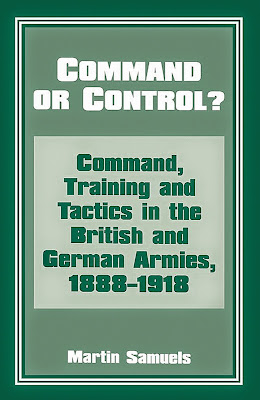Fig.1. Over doing the reading
I'm trying to put to bed what might be my 27th assignment: the last three have been non-OU but the same rules apply: whether tutor marked assignment, end of module assignment or an essay.
Have I ever been cut out for this?
Clearly, getting from TMAs in the 50s and a couple of EMAs in the 40s to TMAs in the 80s (and beyond) and EMAs in the 60s and 70s (though never beyond) indicates that I've learnt how to provide what is required ... and by default, that I have also learnt something (though my brain will complicate, and bury everything that goes in so fast that it's like putting rotten tomatoes onto the compost heap).
This is what I prefer by far: 'writing from the hip' I call it, or 'jazz writing' where a stream of consciousness, or drivel, fills the page.
I am taking a moments break from the nightshift.
This nightshift, awake at 2.00 am and writing by 2.30am has, over several years, become my default position whenever I need a three hour run at something; even the dog is asleep. I have to struggle to hear much more than a buzz in my head and either the tapping on this keyboard or scratching away of pen on paper.
Can I bring to some kind of conclusion this 'learning journal' in relation to writing 'the perfect essay'?
Despite my best wishes I am NOT a strategic worker or thinker: my curiosity is too much of a pull. I do exactly what I was warned against a year ago - 'vanishing down rabbit holes'. I am the White Rabbit and Alice combined; an intriguing reference enthrals me so off I go. If I can I will source the paper, even get the long out of print book - I may even read the thing, take notes and then pop my head of this hole and wonder what the feck I'm playing at.
An essay needs a copse, not a forest. Imagine what it is like trying to turn an forest into an essay: too much wood (far too much paper). Not simply tough to digest, but any intrinsic pleasure from the act of writing at last is diminished by my knowledge of how much I will have to leave out.
In the dead of night.
Giving up alcohol and coffee has not helped.
In every respect the alcohol was by far the easiest thing to cut back and cut out - just the conclusion to a ten year minor skirmish that ultimately was or is a medical irritant (allergic to it). Last week I managed 48 hours, or as it 36 hours without coffee. Hardly an achievement given that I was comatose, walking wounded or asleep for the duration. A mug first thing since has found me taking an afternoon siesta and still sleeping for seven + hours. I am sitting with the requisite jug of coffee now.
I'll get to the end of this and do it justice
'On reflection' the couple of EMAs in the 40s I received was because having done the work, and got reasonable TMAs I blew it with this last struggle and deadlines ending up submitting the latests draft as the seconds disappeared. This time I have had months, really, months and even now I have another three days. I just want to do what I know has to be done: get a good draft finished a few days before, then do the re-read and edit. Nothing less will do and only then can I feel I've done all that I feel I am capable of. The truth is this does not, nor never has come naturally to me. I prefer being up on my feet doing and taking part with a team of people.
Take a nap, then, trusting to my wits and the fresh sea air, I'll be bobbing around offshore by mid-morning taking part in some global sailing charity event.



















